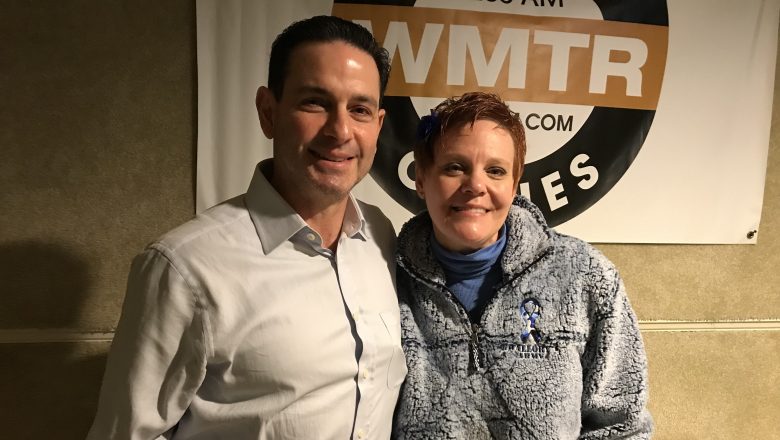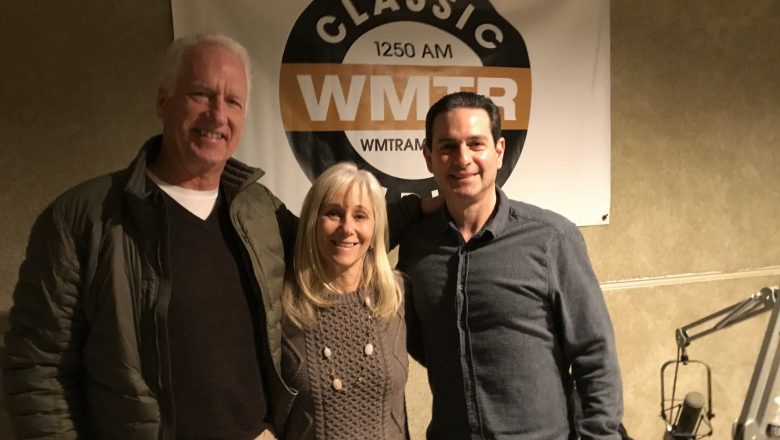March 26, 2013
Frequently Asked Questions about Wrongful Death Claims
If you have lost a family member because of the careless or negligent acts of another person, you may have many questions about how to protect your rights. This page provides answers to frequently asked questions about wrongful death. When your loved one dies in an accident, you want an experienced Morris County Wrongful Death Lawyer to protect your rights.
What You Need to Know about a Wrongful Death Claim
- When is a death a “wrongful death”? A person’s death is considered wrongful (accidental) when it is caused by the act of another person. This act can be reckless (engaging in activity that is likely to lead to someone else’s death, such as driving 80 mph in a residential area), or it can be intentional. Most wrongful death claims are based on a legal theory of negligence, where the party causing the death failed to act in a reasonable way, thereby causing the death.
- Who can seek damages for a wrongful death? This is established by statute in each state. All states generally allow a spouse or child to bring a wrongful death action. Some allow grandparents or others to file a wrongful death lawsuit. You cannot seek damages for the death of an unrelated party.
- What losses can be recovered in a wrongful death action? You can seek damages for any unreimbursed medical expenses the deceased incurred before death. You are also entitled to compensation for the financial contribution the decedent would have made to your household had he or she not died which is called the pecuniary loss. Many times forensic economists are retained to evaluate this issue, who can review tax documents, and other facts and render expert opinions. You can also pursue reimbursement for death or burial expenses. Additionally a claim can be made for any conscious pain and suffering sustained as a result of the accident. This is known as the survival claim. Pathologists can review the facts and the medical records and provide a detailed analysis on this issue.
- If the deceased had a life insurance policy, can you still file a wrongful death action? Yes, you can still seek damages in a wrongful death lawsuit even if you recovered death benefits under an insurance policy.
- Can you seek punitive damages in a wrongful death action? As a general rule, you cannot pursue punitive damages after the wrongful death of a loved one. New Jersey, however, is one of the few states that does allow punitive damage awards in successful wrongful death claims.
At the Todd J. Leonard Law Firm, we have been privileged and honored to represent families for over 25 years in Morris County, Union County, Essex County, Warren County, Middlesex County, Bergen County, Hudson County, Hunterdon County and throughout New Jersey who have lost loved ones following various types of fatal accidents including car accidents, truck accidents, motorcyle accidents, pedestrian accidents, defective machinery, road defects, slip and fall accidents and drowning accidents. Our team of wrongful death trial lawyers have handled numerous fatal accidents and have helped our clients obtain much needed compensation during such a difficult time in their lives. Our dedicated Morris County Wrongful Death Lawyer, Todd Leonard, is Certified by the Supreme Court as a Certified Civil Trial Lawyer and work from the inception of the case to its settlement or trial, tirelessly to make sure our clients rights are protected. We work very closely with various experts such as accident reconstructionists, engineers, forensic accountants, economists and pain and suffering experts (Pathologists) to make sure our cases are properly prepared either for settlement or trial. For a free initial consultation, contact our office online, or call us at (973) 920-7900.
Contact Our Office
We have been representing families following all types of wrongful death claims for over 25 years in New Jersey and we have offices conveniently located in Morristown and Springfield. Set up a free initial consultation with our team of New Jersey wrongful death trial lawyers call (973) 920-7900. Se habla español.



